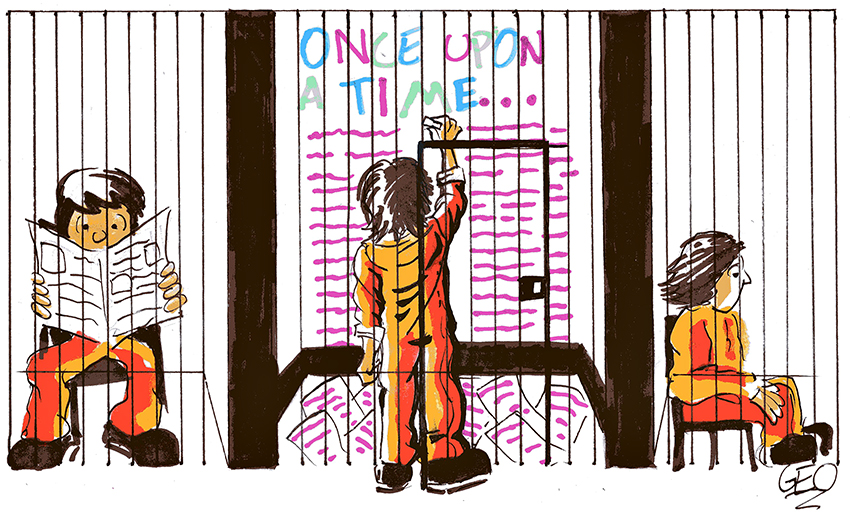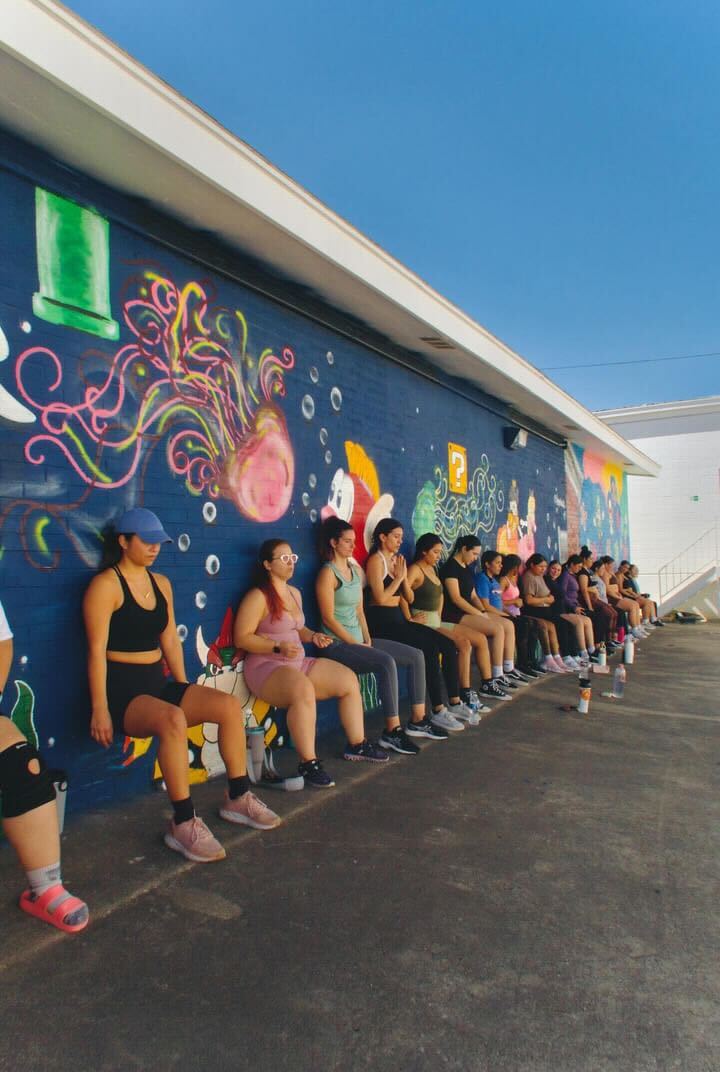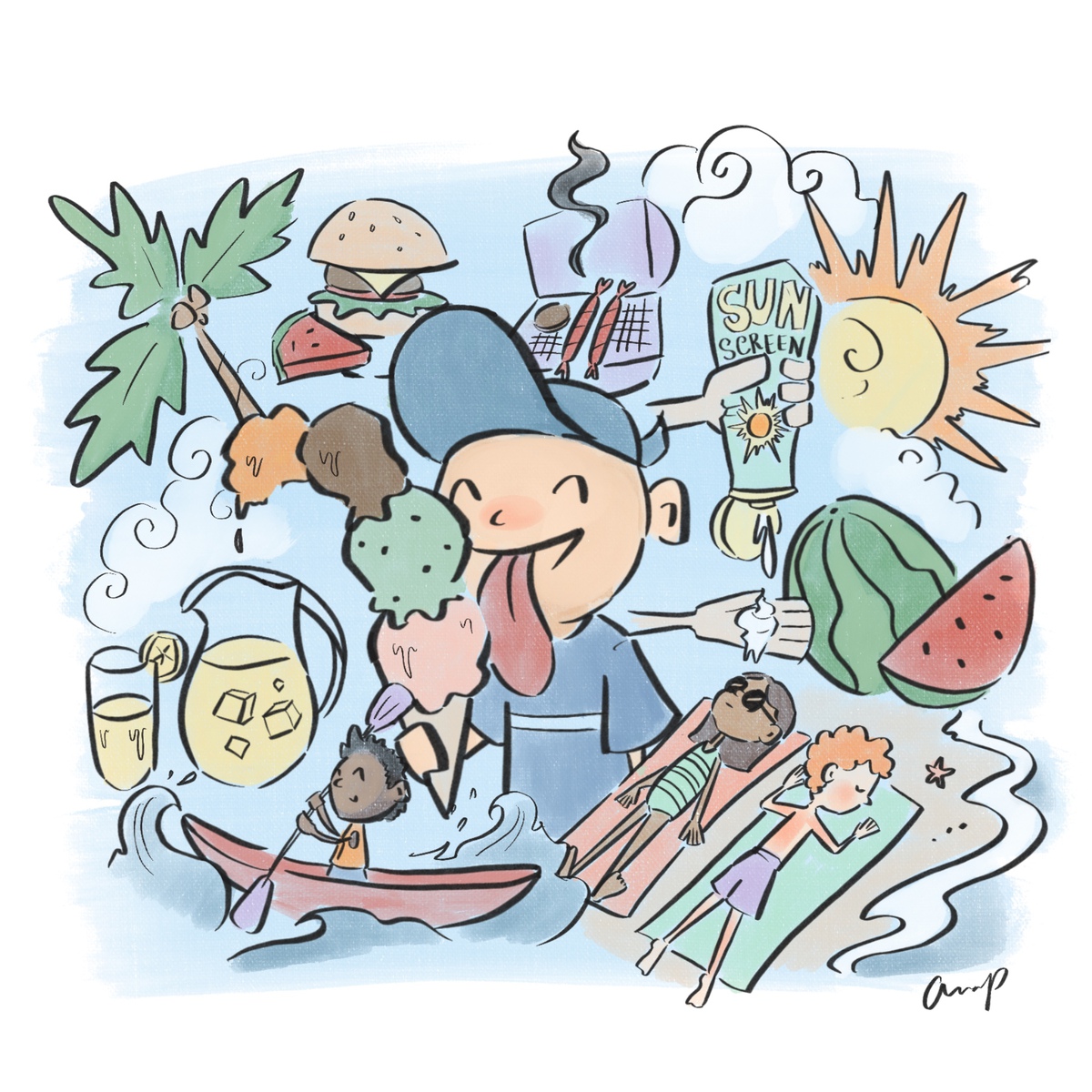Raised in a small, west Texas trailer, Kelsey Shipman struggled in a working class family with a history of physical abuse and suicide attempts. Some of her uncles went to jail, exposing her to the incarceration system as early as her teenage years.
“The only way I was able to escape my difficult childhood was through art and school,” Shipman said. “It is like emotional regulation. If you write about it, you have control over the feeling, and you can transform it into something beautiful.”
In 2009, Shipman founded the Freehand Arts Project, a volunteer-run program that teaches creative writing and poetry to minimum, medium and maximum security inmates at Travis County Correctional Complex. The volunteers meet with groups of students for eight weekly, hour-long sessions.
At the end of the program, the teachers pick each student’s best two poems to publish in an anthology, and others are uploaded to their website.
“I tell [students], ‘Isn’t this cool how you can turn an experience that was painful, or a feeling of anger or disappointment, and you can write a poem about it?’ And suddenly this negative, painful, embarrassing thing becomes a piece of art,” Shipman said.
UT alumna Shannon Perri, a volunteer at Freehand Arts Project, said the classes are a great opportunity for inmates to escape their day-to-day struggles. Some of her students are incarcerated because they cannot afford to post bail. Others are college educated and were writers before they ended up in jail.
“My greatest hope is that they know their experiences deserve to be heard and are a part of the human experience,” Perri said. “I think a lot of them have talked about how writing is therapeutic in itself [and] helps them organize their thoughts.”
Shipman said 95 percent of students in the program are generationally poor. They were often raised in households with unhealthy, abusive relationships and in communities with poor education systems. Most did not finish high school and found themselves unable to leave the working class.
“They are people who didn’t seem to have much of a chance from the beginning,” Shipman said. “I got a scholarship to go to Southwestern [University] and I see how I got out, and I want my students to feel like they can get out.”
Heather Lefebvre, another Freehand Arts Project teacher, met Shipman in the English department at Texas State University. Lefebvre wanted to teach creative writing as a way for inmates to respect each other and create an environment of trust.
“They want to learn, and they aren’t afraid to ask questions,” Lefebvre said. “It’s a way of expressing yourself and a way of learning about yourself and letting yourself be heard by others.”
Perri said attending class is voluntary, so inmates who sign up are usually motivated to engage in the learning process. As a precaution, teachers are given walkie-talkies to communicate with the guards if they feel threatened. Inmates who misbehave are sent to solitary confinement or moved to maximum security.
“My goal in teaching is for them to feel like, for an hour, they are not an inmate, they are a student,” Perri said, “That their thoughts, opinions and perspectives matter. I have never felt any kind of safety issues with the inmates, they have always been respectful and excited.”
Shipman said all guards call the students “inmate” with the intent of making them feel like cattle instead of a specific, individual person. Calling them by their first names when she is teaching helps students embrace their own identities.
“It teaches these women and men how to trust people,” Shipman said. “Even if it is a small way, even if it is just an hour a week, it is a little bit of trust, a little bit of support in a very toxic environment.”
This story has been updated since its initial publication.















